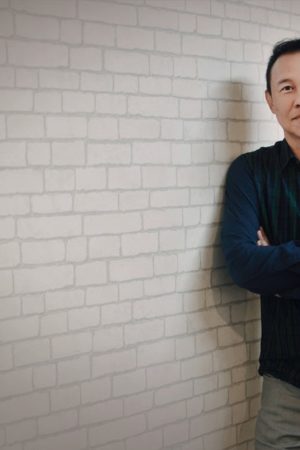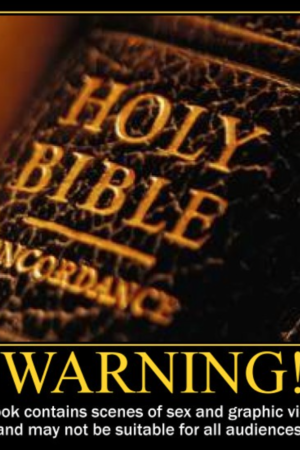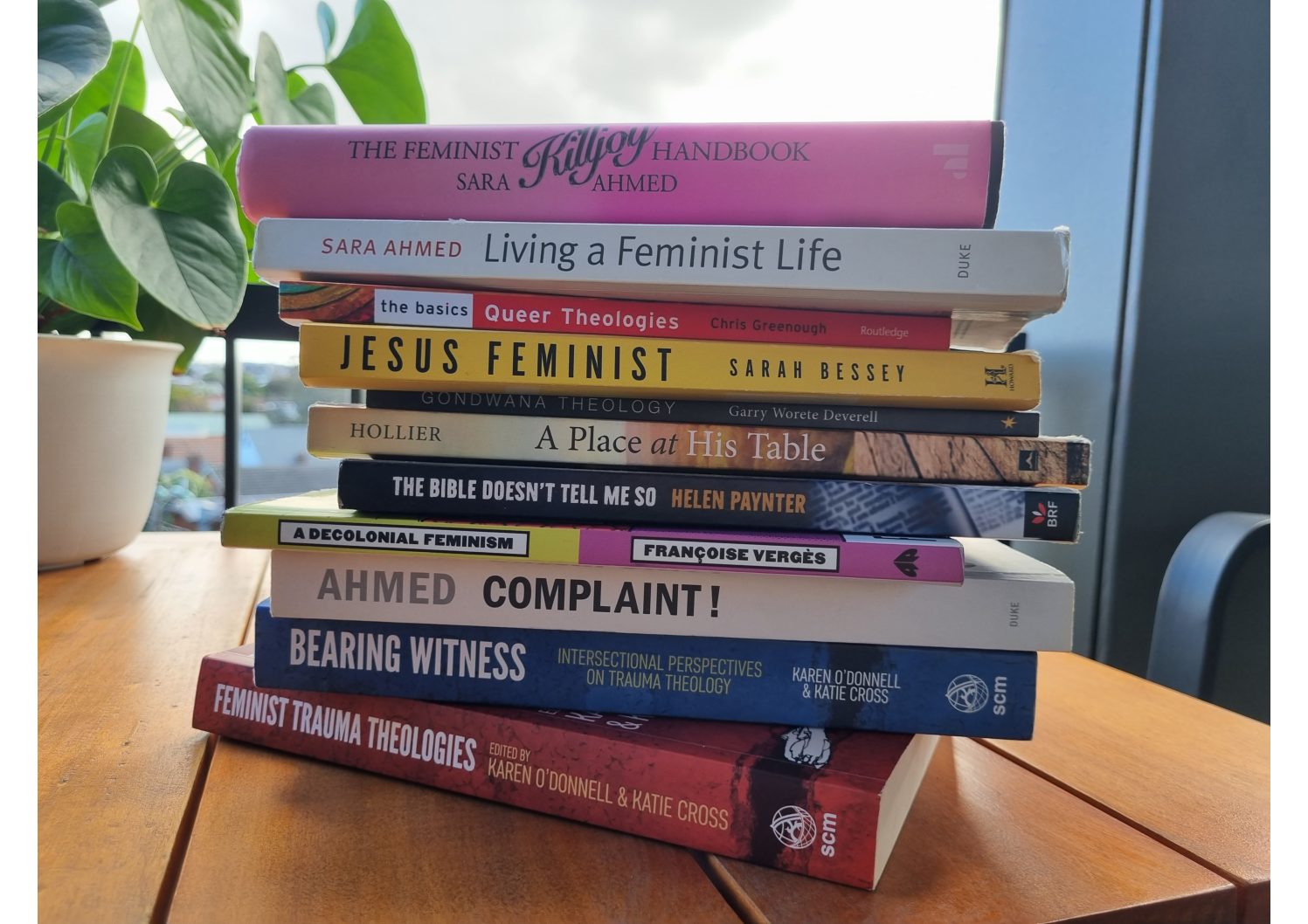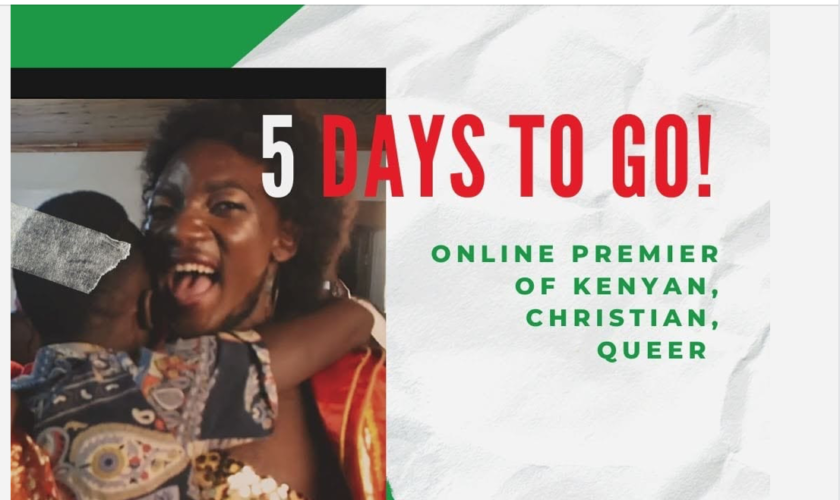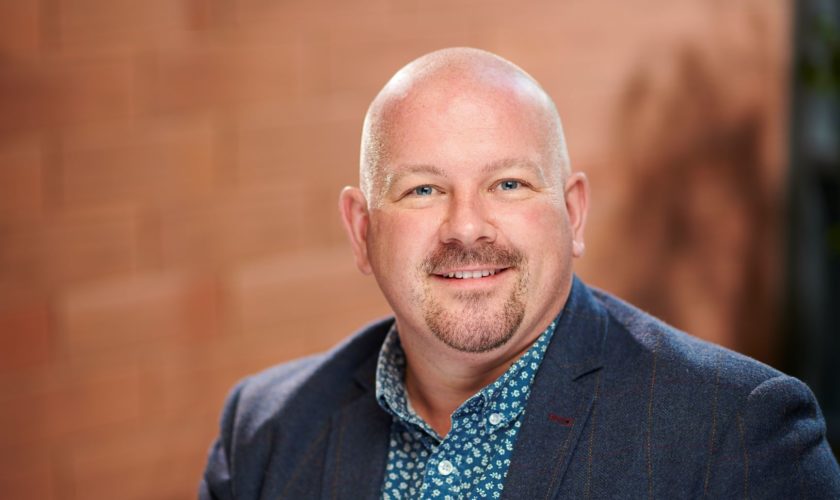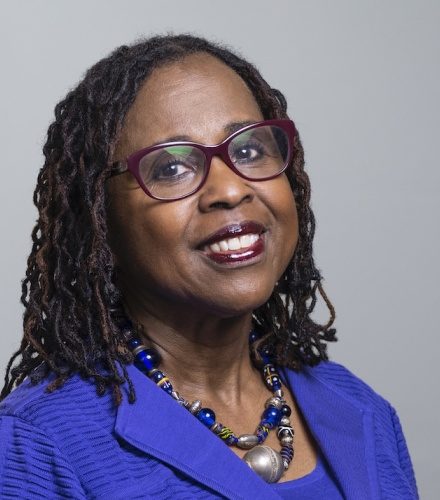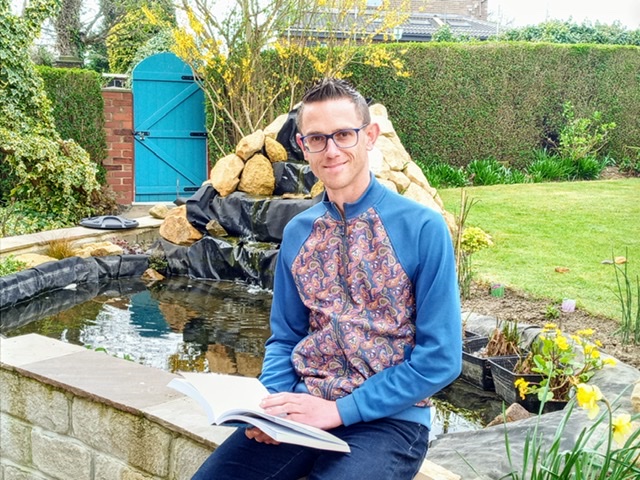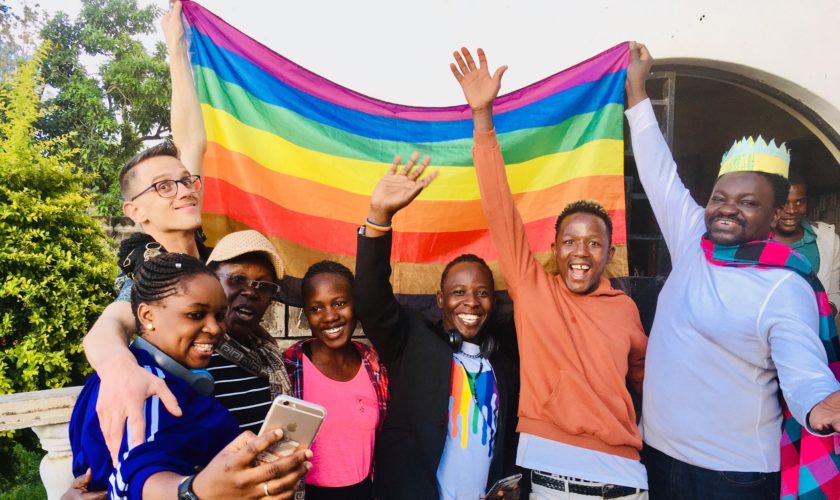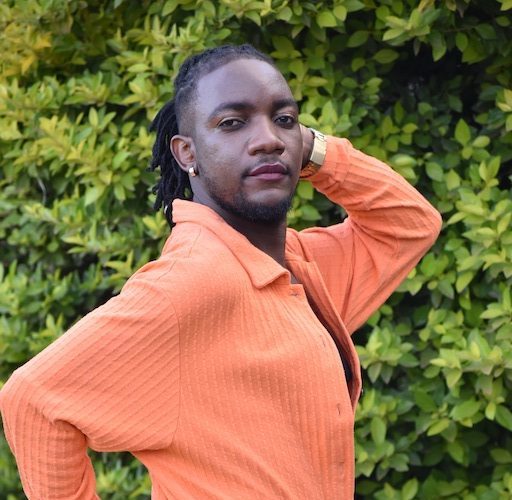This coming Friday (31 July 2020) is the world premiere of the film Kenyan, Christian, Queer: Struggle for Faith, Hope and Love, directed by Aiwan Obinyan.
You can see the trailer here.
For an earlier Shiloh post on the book of the name Kenyan, Christian, Queer, by Adriaan van Klinken, see here.
About this Event:
Is it possible to be African, Christian and queer? The members of the first LGBTQ church in Nairobi Kenya certainly believe so. The Cosmopolitan Affirming Community (CAC) seeks to promote an inclusive and progressive form of Christianity, in the midst of a rather conservative society.
The screening link will be live from 9am to 12midnight (Eastern Africa Time/Kenya Time) with a live Q&A at 2pm BST (= British Summer Time) / 4pm EAT (= Eastern Africa Time) / 9am EST (= Eastern Standard Time).
The Q&A will feature:
- Aiwan Obinyan (Film Director)
- Pastor David Ochar (CAC)
- Bishop Joseph Tolton
- Prophetess Jacinta Nzilani
Book your ticket now, to receive the link & password for the secure film screening and Q&A.
You can book your free tickets here https://www.eventbrite.com/e/kenyan-christian-queer-premiere-tickets-113871003236?aff=CACAdriaanTFAM


